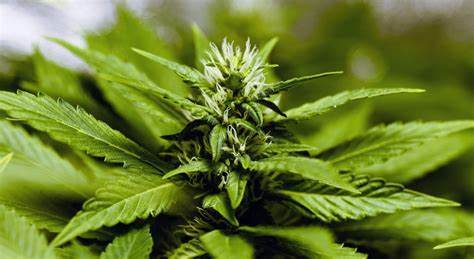
CBG vs CBD: Exploring the Differences and Potential Benefits
Cannabidiol (CBD) and cannabigerol (CBG) are two non-intoxicating cannabinoids found in the cannabis plant. While both CBD and CBG offer potential therapeutic benefits, they have distinct characteristics and effects. In this article, we will explore the differences between CBG and CBD, their unique properties, and potential health benefits.
CBG and CBD: Understanding the Differences:
-
Chemical Composition: CBG and CBD are both cannabinoids but have different chemical structures. CBD is derived from cannabigerolic acid (CBGA), which is converted into CBD through specific enzymatic reactions. CBG, on the other hand, is derived from cannabigerolic acid (CBGA) as well but is the precursor for other cannabinoids. As the plant matures, CBGA is converted into CBG, THC, or CBD depending on the specific genetics of the plant.
-
Cannabinoid Profile: CBD is known for its prevalence in hemp plants, while CBG is typically found in smaller quantities. Hemp plants are bred to contain higher levels of CBD, whereas CBG-rich strains are relatively rare. However, advances in cultivation techniques are enabling the production of hemp strains with higher CBG content.
-
Interaction with Receptors: Both CBG and CBD interact with the body's endocannabinoid system (ECS), but through different mechanisms. CBD primarily interacts with cannabinoid receptors CB1 and CB2, as well as other non-cannabinoid receptors in the body. CBG has a similar interaction with CB1 and CB2 receptors, but it also exhibits a unique affinity for specific receptors, such as the CBG receptor 1 (CBG-R1) and transient receptor potential vanilloid type 1 (TRPV1) receptor.
Potential Benefits of CBG and CBD:
- CBG Potential Benefits:
- Neuroprotective Effects: CBG has shown potential neuroprotective properties, which may support brain health and protect against neurodegenerative conditions.
- Anti-Inflammatory Effects: CBG exhibits anti-inflammatory properties, suggesting potential benefits for conditions such as inflammatory bowel disease (IBD) and arthritis.
- Antimicrobial Properties: CBG demonstrates antimicrobial activity against various strains of bacteria, including antibiotic-resistant ones.
- CBD Potential Benefits:
- Anxiety and Stress Relief: CBD is widely studied for its potential anxiolytic properties, showing promise in reducing anxiety and stress-related symptoms.
- Pain Management: CBD may help alleviate pain by interacting with receptors involved in pain perception and reducing inflammation.
- Epilepsy Management: CBD is an FDA-approved medication for treating specific forms of epilepsy, notably Dravet syndrome and Lennox-Gastaut syndrome.
Conclusion: CBG and CBD are two cannabinoids that offer distinct properties and potential health benefits. While CBD is more widely available and extensively studied, CBG is gaining attention for its unique receptor interactions and potential therapeutic applications. As research continues, we can expect to learn more about the specific benefits and applications of both CBG and CBD. Whether considering CBG or CBD for personal use, it's essential to consult with a healthcare professional to determine the most suitable option based on individual needs and health conditions.


